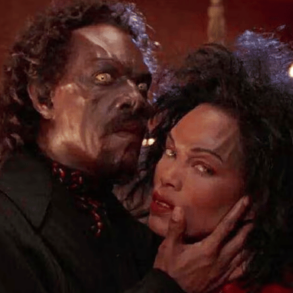
Headline: Taylor Lorenz on being ‘Extremely Online’ and the rise of social media
Byline: Pratika Katiyar
Taylor Lorenz knows a thing or two about being extremely online. Lorenz got her start as a blogger before becoming one of the best-known reporters at the Daily Beast and covering tech and internet culture for the New York Times and, now, the Washington Post. She also runs several delightfully unhinged, popular Instagram accounts rounding up some of the best memes from across social platforms, including one specifically for her debut book, Extremely Online.
The book is a social history of social media. In it, Lorenz eloquently weaves a narrative about the rise of social platforms and alongside it, the rise of influencers. The chapters chronicle the distinct eras of social media, beginning with nostalgic blogging on WordPress or connecting on MySpace, and ending with the revolution of social media as we know it now: the monetization of Instagram and the domination of TikTok. Each story Lorenz spotlights is carefully chosen to highlight the power that users have historically held in shaping social media trends and culture.
Lorenz spoke to Teen Vogue from her home in Los Angeles about the inspiration behind her book, some pivotal moments in social media history, and the need to keep marginalized voices in mind when pushing for reform.
Editor’s note: This conversation has been condensed and lightly edited for clarity.
Teen Vogue: What moment or experience in your tech reporting career inspired you to write a book entirely on blogging and social media, influencer culture, and the creator economy?
Taylor Lorenz: It was kind of during the pandemic — I know we’re still in a pandemic — but sort of after COVID hit. I noticed that there was a lot of revisionist history happening from people in Silicon Valley. They were giving a lot of credit to certain creators and certain movements, and they were erasing the user’s side of the rise of social media. I feel like there’s this tendency in Silicon Valley to put these tech founders on pedestals and say, like, “Oh, you know, these are the people that are responsible for all this stuff.” But, actually, a lot of times, it’s the users and the content creators and these creative people on the periphery that really end up shaping the internet and the way we use it. So I wanted to flesh out something that was a real history, that wasn’t just a corporate narrative but was a user’s history of how this all actually emerged, what went down, and why we use the platforms we do and share things the way we do and act the way we do on the internet.
TV: Why did you choose to highlight the specific stories of people like journalist and 2000s internet celebrity Julia Allison or early Instagram creator Liz Eswein?
TL: One big theme in my book is women. Gamergate is not a huge part of my book, but it was a really pivotal moment in how the internet became weaponized against women. Again, going back to Silicon Valley, there’s this great narrative of “men built the internet and men built our tech ecosystem.” In fact, so much of the early internet was pioneered by women and, frankly, LGBTQ+ people and people who were marginalized in other ways. So, I really tried to tell the stories of those people, people that have been written out of history, or people haven’t really given them their due, or there’s a lot more nuance to their story than you might think. So many early influencers are people who were shut out of legacy institutions. And, you know, I work for a legacy institution now, but that’s how I came about too. If I hadn’t found the internet, I wouldn’t be anywhere that I am today. And so, those stories resonated with me.
This post was originally published on this site be sure to check out more of their content.








